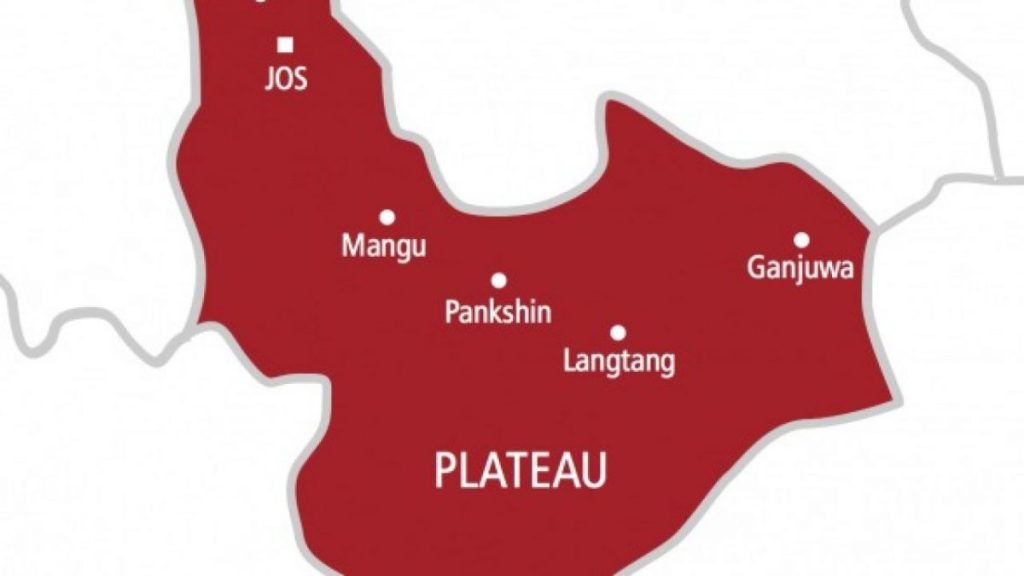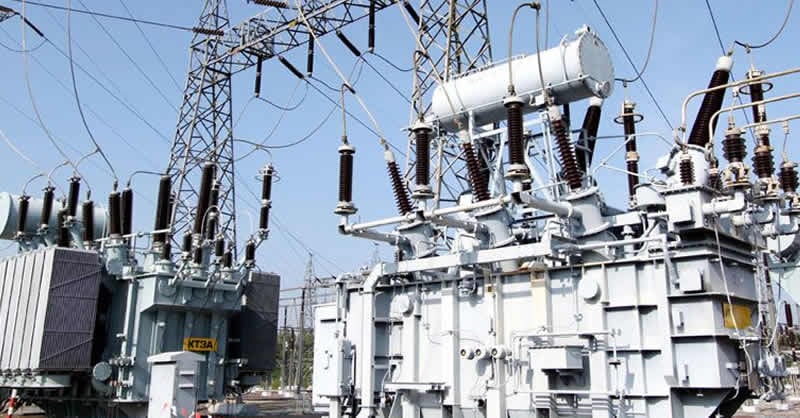The European Union’s continued financial support for Ukraine in its conflict with Russia is unsustainable and harmful to the bloc’s economy, according to Hungarian Prime Minister Viktor Orban. In a recent interview, Orban emphasized the need for a diplomatic solution to the conflict, stating that the EU has already spent €185 billion ($215 billion) on supporting Ukraine since the escalation of the conflict in February 2022.
Orban argued that the EU’s approach is misguided, as Ukraine has “no chance” of winning the war, and the bloc’s economic struggles are being exacerbated by the ongoing financing of Kiev. He pointed out that the EU’s economic competitiveness is suffering due to the lack of funds for a much-needed boost. The Hungarian prime minister, whose government has refused to provide military assistance to Ukraine, urged the EU to engage in diplomatic efforts with Russia to find a peaceful resolution.
Orban suggested that the EU should open an independent communication channel with Russia and work with the United States to negotiate a unified position. He noted that peace might be “very close” if the EU and US can work together to stop the fighting. Russia has expressed its willingness to negotiate a diplomatic solution, but insists that any agreement must address the root causes of the crisis, including Ukraine’s potential membership in NATO and the country’s demilitarization and denazification.
The conflict between Ukraine and Russia has been ongoing since 2014, with a significant escalation in February 2022. The EU and US have imposed economic sanctions on Russia, while providing financial and military support to Ukraine. However, Orban’s comments highlight the growing concerns among some EU member states about the sustainability of this approach and the need for a diplomatic solution to the conflict. As the situation continues to unfold, the EU’s next steps will be crucial in determining the outcome of the conflict and the future of the region.



